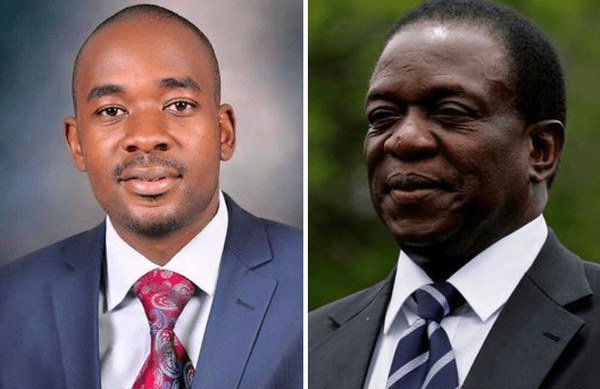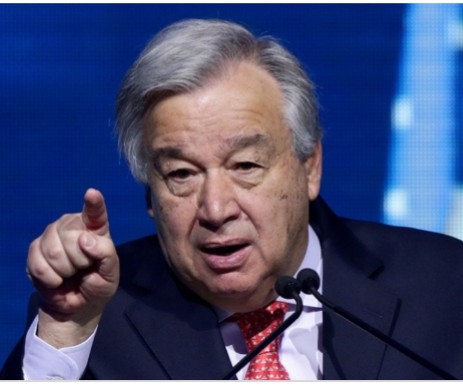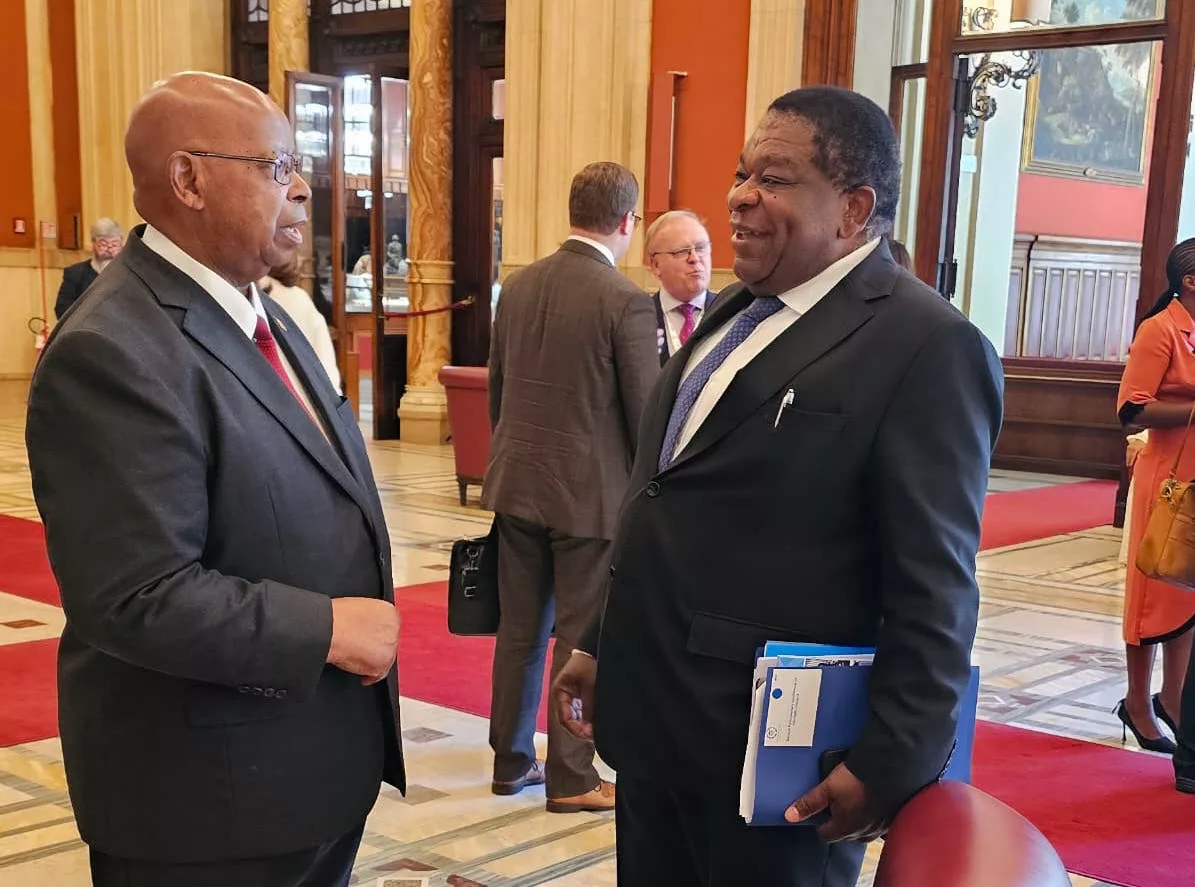|
Getting your Trinity Audio player ready...
|
By Rejoice Ngwenya
Last week I deliberately torched a storm with a quote from the Australian Constitution – deciphered from a simplistic perspective – insinuating how citizens in that country are compelled to vote. The most prevalent argument against my support of that stance was that in a normal liberal democracy, choosing not to vote is another form of free democratic choice that every free citizen should enjoy. My accusers don’t have a clue about the extent and magnitude of my exasperation with adults who choose not to vote. The jury is still at large on whether abstaining from doing the right thing qualifies as a ‘democratic choice’.
In my early years as a student of liberal democracy, I encountered three mentors who inculcated what I term a profound sense of responsible citizenship in me. Whenever Peter Shroeder, Enoch Moyo, and Stefan Melnik outlined the basic principles of liberal political strategy – or what Emmerson Mnangagwa surrogates want to refer to as a ‘regime change agenda’ – I got a strong impression that there is no true democrat who treats a polling station as repulsive rendezvous. In other words, you cannot hope to transform your political and economic circumstances from bad to best where you do not exercise your voting rights. Not voting is subleasing the destiny of your country to fate. To put it more bluntly, it is only an irresponsible citizen who would complain about unemployment, bad governance, potholes, poverty, oppression, corruption, violation of human and property rights, and yet they don’t vote. Who do you expect to reverse or eliminate these maladies if you despise the polling station?
The tragedy facing Zimbabwe is that most of our country’s ‘adult’ population is the 18 – 25 age group, a hotbed of political naivety. The sad irony – what my friend Power Jonhera used to refer to as a good problem – is that the same demographic group is most afflicted with poverty, drug abuse, and unemployment. Thus, young people are the ones who ought to be more desirous and enthusiastic about exercising their electoral democratic choice. As it is, it won’t matter how vociferous their complaints are against the ruling party, as long as they don’t vote to usher in a government of their choice, things will remain stagnant. But most of these irresponsible citizens flaunt common arguments about why ‘voting does not change anything’. I will debunk these in a simpler fashion – all revolving around irresponsible citizenship.
In any sovereign country, there are four active classes of citizenship: private citizen, corporate citizen, institutional citizen and ‘state’ citizen. A dysfunctional democracy like we have in Zimbabwe gives room and space to all this lot to exercise their role in irresponsible electoral behaviour. As I have opined in this and my previous articles, any Zimbabwean who gets to his or her 26th year without having voted on one occasion or another advertently and consciously contributes to Zimbabwe’s underdevelopment. These are the private citizens who waste national resources by jostling for national ID cards, driver’s licences, and passports but with very little or no commitment to participating in the country’s political transformation. More often than not, they go about exhibiting false knowledge on how and why ‘voting doesn’t work’ or ‘change anything’. They claim that their votes are manipulated either by a faulty voters’ roll or dicey practices of ZEC. They claim that they feel intimidated or their security after voting is not guaranteed. What this gamut of excuses does is instead of encouraging others to reverse these negatives, it actually discourages first-time voters from participating in elections whose confidence in electoral democracy is easily eroded.
Irresponsible corporate citizens want only to endear themselves with the ruling ZANU.PF party, not investing anything in good corporate citizenship that promotes democratic practices. They don’t support promotional programs encouraging voter and civic education but would rather pay extortion money to get favours from the ruling party. When employees suspected of being aligned to the opposition request days off to register to vote or even vote, irresponsible corporate citizens threaten such employees with disciplinary measures or outright dismissal. Then you find irresponsible institutional citizens usually referred to as ‘NGOs’ who claim that educating their beneficiaries on voting rights is ‘not part of our mandate’. So, if you are a community-based organization and don’t take time to invest in civic education, who do you expect to do that? Ironically, the new Machiavellian PVO Act has given such institutional cowards a new lease of life. Instead of resisting this draconian law by taking Mnangagwa to Constitutional Court, they choose to wallow in submissive and compliant self-pity. If we had complied to everything that Ian Smith legislated on political behaviour, we would still be buying clear beer from special ‘blacks only’ windows in Salisbury first street! Hey, you change oppressive regimes by defiantly resisting stupid laws, not dogmatic eunuchian compliance.
Rhodesian and apartheid South African governments are the best example of irresponsible state citizens. Any government whose acts deliberately engage in practices that deprives private citizens of their democratic electoral rights is an irresponsible state citizen. One of the best examples of a truly responsible state citizen is Botswana; the very reason that the country’s economy is not only well-managed but also whose private citizens are some of the happiest in Africa.
The State of Botswana has no economic and political refugees in exile. All political parties, private and institutional citizens are free to exercise their democratic electoral rights. No Tswana citizen is out on bail or in prison for organising or attending a political meeting. All political parties are free to host meetings.
No Tswana citizen is arrested or intimidated for wearing their party’s regalia. State police don’t beat up or arrest opposition party members who demonstrate against the government. All political parties are allowed an opinion on national radio and television. The national electoral management body treats every voter with dignified equality. Botswana is the best example of a country where private, corporate, institutional, and ‘state’ citizens act in the best interest of electoral democracy. Unfortunately, in Zimbabwe after 43 years of state-instigated abuse of our electoral rights, we now treat irresponsible citizenship as normal, the very reason why, if we don’t change our attitude towards voting, we will remain locked in the vicious cycle of unemployment, bad governance, potholes, poverty, oppression, corruption, violation of human and property rights violations, drug abuse, ultimately collective national misery and depression.
Rejoice Ngwenya is a liberal democrat who lives in Ruwa, Zimbabwe






